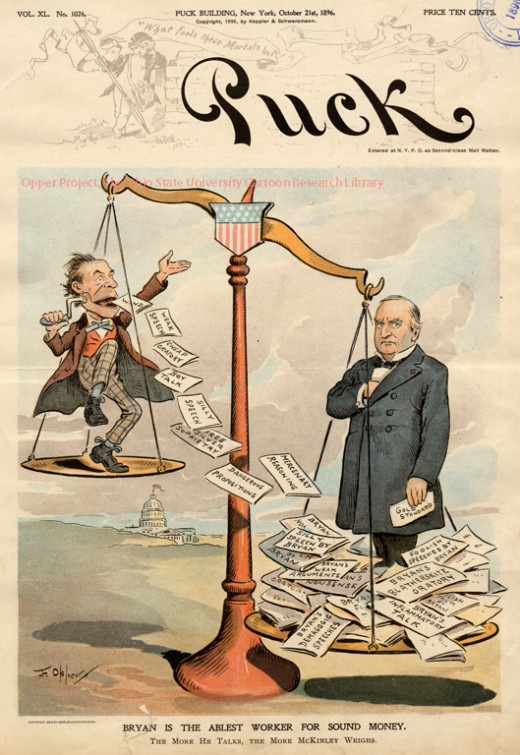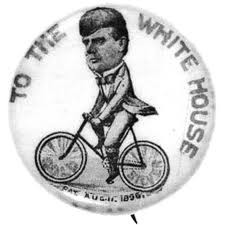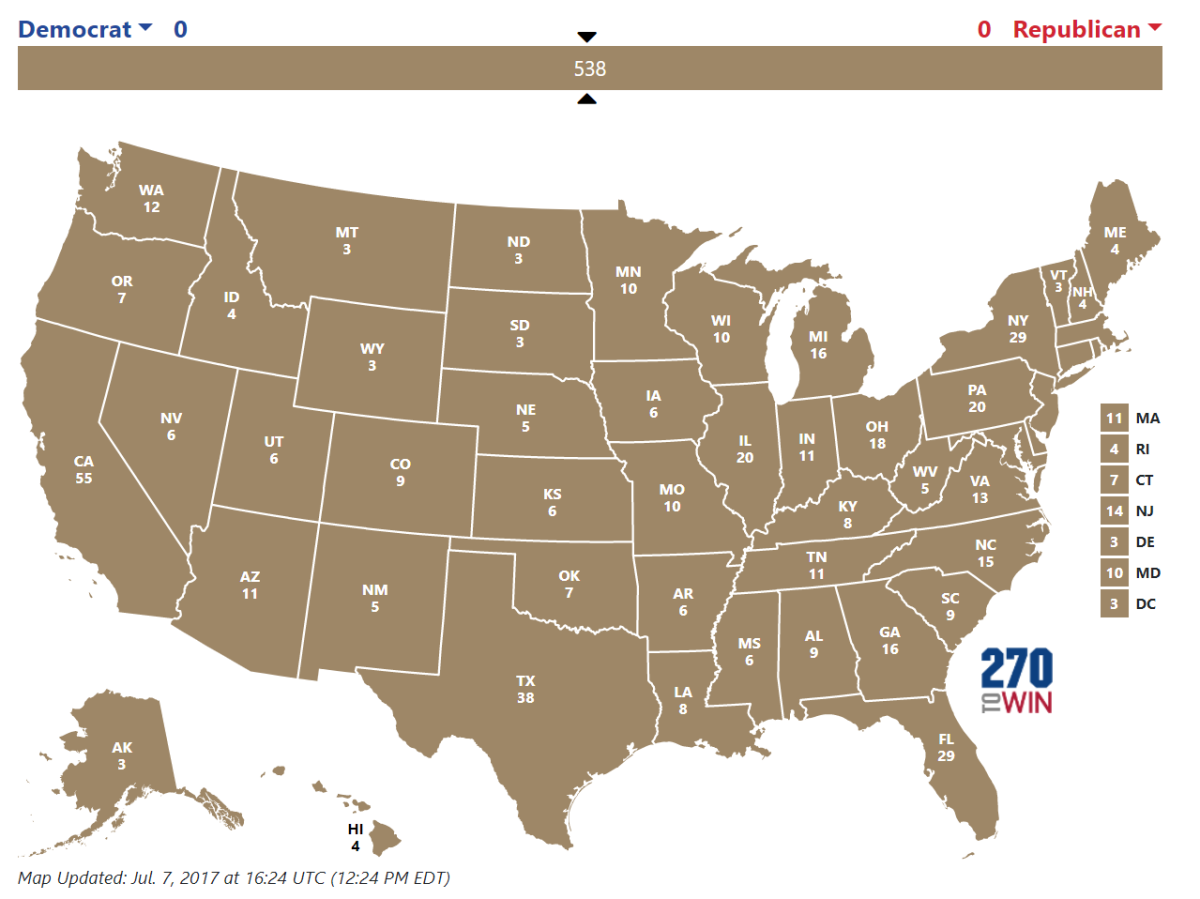1896 Presidential Election: Watershed Example


The 1896 Presidential election was held in a time of great change in America. Industrialization was coming to the country in full force by big businesses, which some others wanted to hold on to the old ways. Farming was still a necessity, yet outside forces were limiting the productiveness of each individuals, while there was an over production overall. This added to already high debt and high prices to transport goods, made the farmers unite and stand up. They asked for federal government to create fairer regulations on the rail road companies, so they could make a livable wage.
Beyond those issues, the country was in a heated debate about currency, moreover if they should go to a bi-metal economy instead of just a gold standard. Pro viewed the possibility of prices lowering by helping inflation, while cons felt that silver was too volatile to be part of the economy. Democrats changed to long lived equal power struggle with the Republicans by voting no on this issue. For years the two parties were so close in supporters, that will one vote, the Democrats then became the minority.
The election of 1896 pitted old enemies against each other and the civil war feelings returned. “Pitted urban workers against big business” (American Politics, 1998). The election also gave way to a thirty year reign in the White House, as well as the both houses of Congress by the Republicans. Some claim they won by the currency issue alone, however many contribute their narrow win to superior organizing of the campaign and collecting fund raisers. The republicans kept control of the country until the Great Depression, as did their less is better ideology. It wasn’t until Roosevelt won presidency years later, that many of the social programs that we see today were ever incorporated.
The election was held November 3, 1986 and included Republican candidate William McKinley, Democratic candidate William Jennings Bryan, Representatives from Gold Democrats, Prohibition and Socialist labor, although the later three did not win any electoral votes. Republicans won by a mere 600,000 votes, however they had almost an extra hundred electoral votes (Kennedy, 1996).
So why do so many call the election of 1986 a watershed? A watershed in political terms is something that changes history. That year’s presidential election did change history, it did change the way our country was ran then, and even to this day. Having a party like the Republicans in office under control for so long did have a lasting impact on this country and that election was the point in time to make it happen. Maybe if they had not won so long ago, big business would not have crashed, spawning the Great Depression. What if the change had been made to bimetallic means, would this have extinguished the need for fiat currency or even stabilized our economy. The major changes that came to be, or didn’t come to be from that particular election, paved the future of this country for many years and should be accurately looked at as a “watershed election.”








